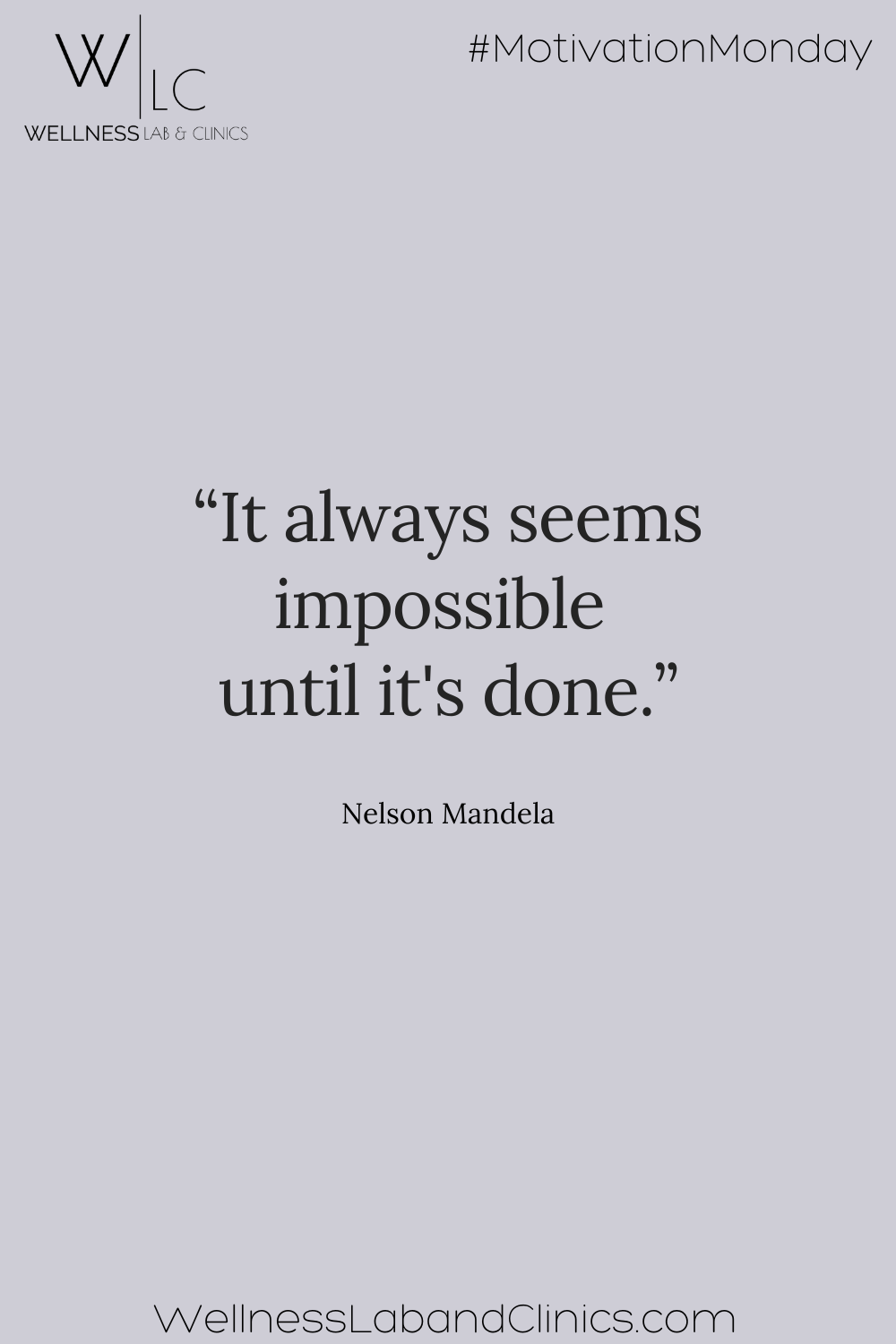Relationship Math 101 {problem-solving}
/Remember algebra class, when story problems consisted of several unknown variables and somehow ended up either confounding you to pieces or working out seamlessly either by accident or by design?
Here's one of my favorite tips for couples that can follow the predicted path nearly every single time.
Formula: UNSAID (expectations) = UNMET (expectations)
Unsaid expectations lead to unmet expectations. How can couples utilize this strategy to enhance their collaborative problem-solving skills?
Let's look at ways you can communicate your expectations with your partner that may lead to a solution that would look more like:
Formula: EXPRESSED (expectations) = WORKABLE/HELPFUL/COLLABORATIVE (expectations)
1. Be Proactive.
Take a step back to see when it would be beneficial to approach these problem-solving strategies. If you happen to see that conflicts tend to arise when you are talking about finances and budgeting, getting ready for an event, sitting in traffic, or during your morning routine, sit down BEFORE the event(s) that seem to have a pattern of causing distress.
2. Be Curious.
Ask questions to consider each other's feelings, empathically listen & carefully express what emotions you both may be feeling around the issue. Intense emotions are not meant to be avoided, repressed, or even calmed. Initially, these intense emotions can help identify the important issues and provide energy for working through them.
3. Be Cooperative.
The collaboration builds here. Express to your partner what you have noticed him do within the conflict that you APPRECIATE. Share these appreciations and statements of gratitude together. Notice both behavior and attitudes to identify in each other. Be specific. This very act deflates resentments and defensiveness while it boosts mutual respect and increases the likelihood of moving from competing with each other to cooperating with each other as a strong partnership.
4. Be Creative.
Now's the time to start brainstorming solutions TOGETHER. Consider any and all potential solutions. The practice of brainstorming involves providing ideas or alternatives without debating, evaluating or rejecting any suggestions, no matter how impractical or realistic they may be.
List these options - do not settle for less than five (5) potential solutions.
5. Be unified.
Review your list now and identify at least one solution that you both can consider as beneficial and helpful for you and your relationship.
This exercise can be as quick as 2 minutes or it can be as long as a weekend retreat together. Your relationship is worth the deliberate and intentional pursuit of problem-solving by simply expressing your expectations.






